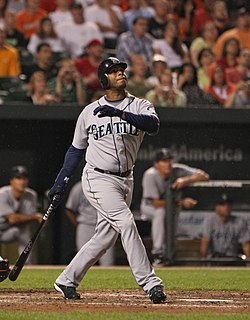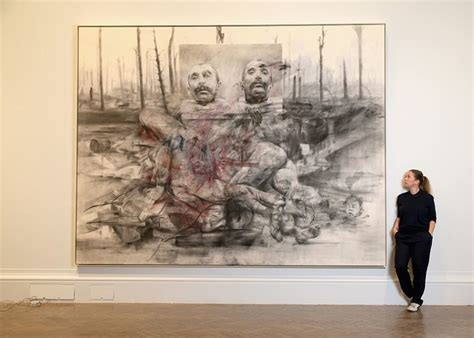A Quote by Marcel Duchamp
You know exactly what I think of photography. I would like to see it make people despise painting until something else will make photography unbearable. (In a letter to Alfred Stieglitz)
Related Quotes
"Though many painters and sculptors talk glibly of "going in for photography," you will find that very few of them can ever make a picture by photography; they lack the science, technical knowledge, and above all the practice. Most people think they can play tennis, shoot, write novels, and photograph as well as any other person - until they try."
I left film because I felt that photography was my art. It was something I could do on my own, whereas film was so collaborative. I thought as a photographer I could make something that was artistic and that was mine, and I liked that. And it wasn't until I got back into film and I have very small crews and I could do very tiny filmmaking that wasn't 100 people that I still felt that I was making something artistic as a filmmaker. So, you know, I'm an artist, and whether it's photography or film, I want my voice to be there and I think my voice is very strong in this film.
I'm not anti conceptual art. I don't think painting must be revived, exactly. Art reflects life, and our lives are full of algorithms, so a lot of people are going to want to make art that's like an algorithm. But my language is painting, and painting is the opposite of that. There's something primal about it. It's innate, the need to make marks. That's why, when you're a child, you scribble.
Photography has arrived at the point where it is capable of liberating painting from all literature, from the anecdote, and even from the subject. In any case, a certain aspect of the subject now belongs to the domain of photography. So shouldn't painters profit from their newly acquired liberty, and make use of it to do other things?




































